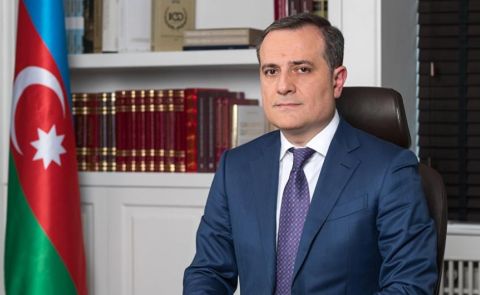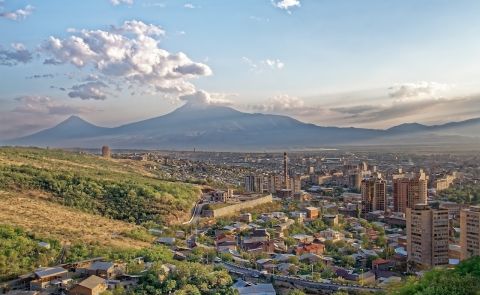
Chechnya's Supreme Court confirms refusal to investigate torture at the Grozny Mayor's Office

On 26 November, the Supreme Court of Chechnya upheld the decision of the Staropromyslovsky District Court of Grozny, which legitimated the Investigative Committee’s refusal to initiate a criminal case against the former mayor of Grozny, Muslim Khuchiev, and a number of Rosgvardia (National Guard of Russia) employees. The ex-director of the Grozny MUP Teplosnabzhenie Lom-Ali Elbiev stated that in 2017, Khuchiev's officers tortured him at the Grozny mayor's office and demanded a large sum of money.
Lom-Ali Elbiev appealed to the Memorial Human Rights Centre (the Russian authorities recognise the organisation as a foreign agent; Memorial does not agree with this), which sent a statement to the Investigative Committee with a request to initiate a criminal case under articles of excess official powers, illegal imprisonment, and extortion. Human rights activists will appeal against the repeated refusal of the Investigative Department of the TFR in Chechnya.
Speaking in court, lawyer Ivan Novikov emphasised that the inspection at Lom-Ali Elbiyev’s request was carried out by the investigator formally, slowly, incompletely, and poorly, and the investigator's actions were focused on hiding the traces of the crime. Thus, the billing of Elbiev’s telephone connections and involved parties, and the photograph of Elbiev's injuries published in the media were not studied. A forensic medical examination was not carried out, and the investigators never once considered it necessary to contact the applicant himself and question him.
The lawyer intends to appeal the decision of the Supreme Court of Chechnya in the cassation court in Pyatigorsk.
Lom-Ali Elbiev said that on the evening of February 24, 2017, by order of the mayor of Grozny, Muslim Khuchiev, guards took him to the basement of the mayor's office. There they handcuffed him and tortured him until three o'clock in the morning: they kicked him, hit him with sticks and truncheons, tortured him with an electric shock gun and a "torture device." The guards demanded that Elbiev confesses to embezzlement, which he allegedly committed, say where the stolen money was, and to name his accomplices.
As a result, Elbiev claims, he incriminated himself and confessed to embezzling 327,000 euros. A few days later, he was able to borrow and transfer four million rubles to the extortionists, and soon left Russia with his family.
See Also


Nordic-Baltic Delegation Meets Armenian Leaders to Discuss Regional Cooperation and Peace

Azerbaijan Strengthens Energy Partnerships with Multiple Countries

BP Strengthens Presence in Azerbaijan’s Offshore Energy Sector

Netanyahu’s Letter to Aliyev: Mutual Trust, Solidarity Following Hamas Attacks, Facilitating Dialogue Between Israel and Türkiye

